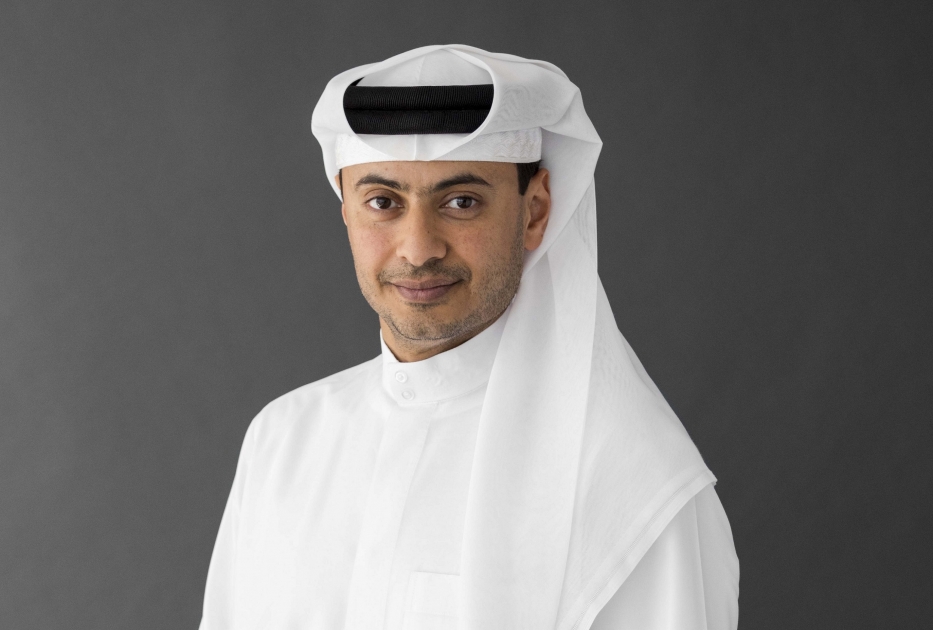
RTA to tap into artificial intelligence for better crowd management at metro stations
Roads and Transport Authority (RTA) has embarked on a trial phase of using artificial intelligence and simulators to streamline the demand for the metro service. The technology should assist in crowd management during peak hours at some metro stations or public events witnessing increased demand proportions.
“The project aims to develop a smart and interactive system responsive to the needs of the metro riders. The project seeks to propose convenient transit timing for metro riders through understanding the demand pattern of the service and adjusting it to control overcrowding,” said Ahmed Mahboub, Executive Director of Smart Services, Corporate Technology Support Services Sector, RTA.
“We had experimented the use of artificial intelligence and machine learning technologies to propose specific transit timings for riders in a bid to streamline the demand for the metro service and spread it over longer durations. The process requires the development of a model to simulate train journeys throughout the day. It uses nol cards data, metro demand algorithms, and a screen to display and understand detailed passenger journeys,” explained Mahboub.
“Results of the pilot project indicate that trains serve about 40-80% of those at certain stations during peak times and public events, which is reflected in crowds and more frequent journeys. The simulative model showed that passengers flow during peak hours will result in spells of congestions and longer waiting time for riders before boarding the metro. The experimental use of artificial intelligence reduced the congestion from 40% to 60%, and the waiting time to 30 minutes.
“The artificial intelligence technology contributed to proposing specific periods and redistributing the demand to improve the customers’ experience by offering them definite timings for boarding that enable them timely reaching to their destinations. These deliverables are currently under review to verify their feasibility and consider undertaking the project in the near future.
“Thanks to the integrated technological infrastructure, RTA is capable of figuring out smart solutions to challenges of its services, such as the increased occasional demand. RTA always prioritises customers and seeks to meet their needs and expectations to make them happier. These efforts contribute to realising RTA’s first strategic goal (Smart Dubai) in line with our leaders call for adopting the UAE Artificial Intelligence Strategy,” concluded Mahboub.



























